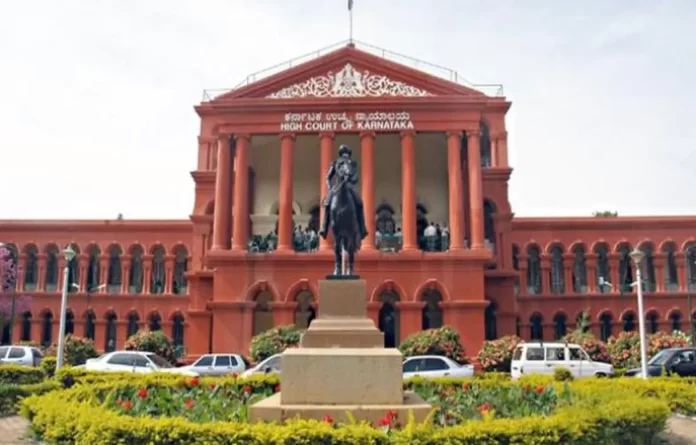The Karnataka High Court has dismissed a petition filed by X Corp (formerly Twitter) against the Central government’s Sahyog portal, a system used to issue and track takedown orders directed at online intermediaries. The company had questioned the legality of the mechanism, arguing that it lacked proper statutory backing.
In its ruling, the court made it clear that social media platforms cannot be allowed to operate in a state of “anarchic freedom.” It stressed that digital platforms, despite their global reach, are not above the law and must function within the framework of regulations designed to safeguard public interest.
The bench observed that unchecked freedom on such platforms could have serious repercussions, particularly in relation to the spread of misinformation, hate speech, and unlawful content. The Sahyog portal, it noted, plays a crucial role in ensuring accountability by creating a structured process for the government to communicate its takedown directions to intermediaries.
By rejecting X Corp’s challenge, the High Court has effectively reinforced the government’s power to regulate the digital ecosystem. The judgment also signals the judiciary’s recognition of the delicate balance between freedom of expression and responsible use of online spaces.
This decision is expected to have wider implications for how social media companies engage with regulatory authorities in India. It underscores that compliance with lawful directives is not optional but a fundamental requirement for platforms that wish to operate in the country.
The ruling thus marks an important precedent in India’s evolving digital governance framework, where the State seeks to address the challenges of misinformation, online harm, and unregulated digital discourse, while still upholding constitutional freedoms within reasonable restrictions.


